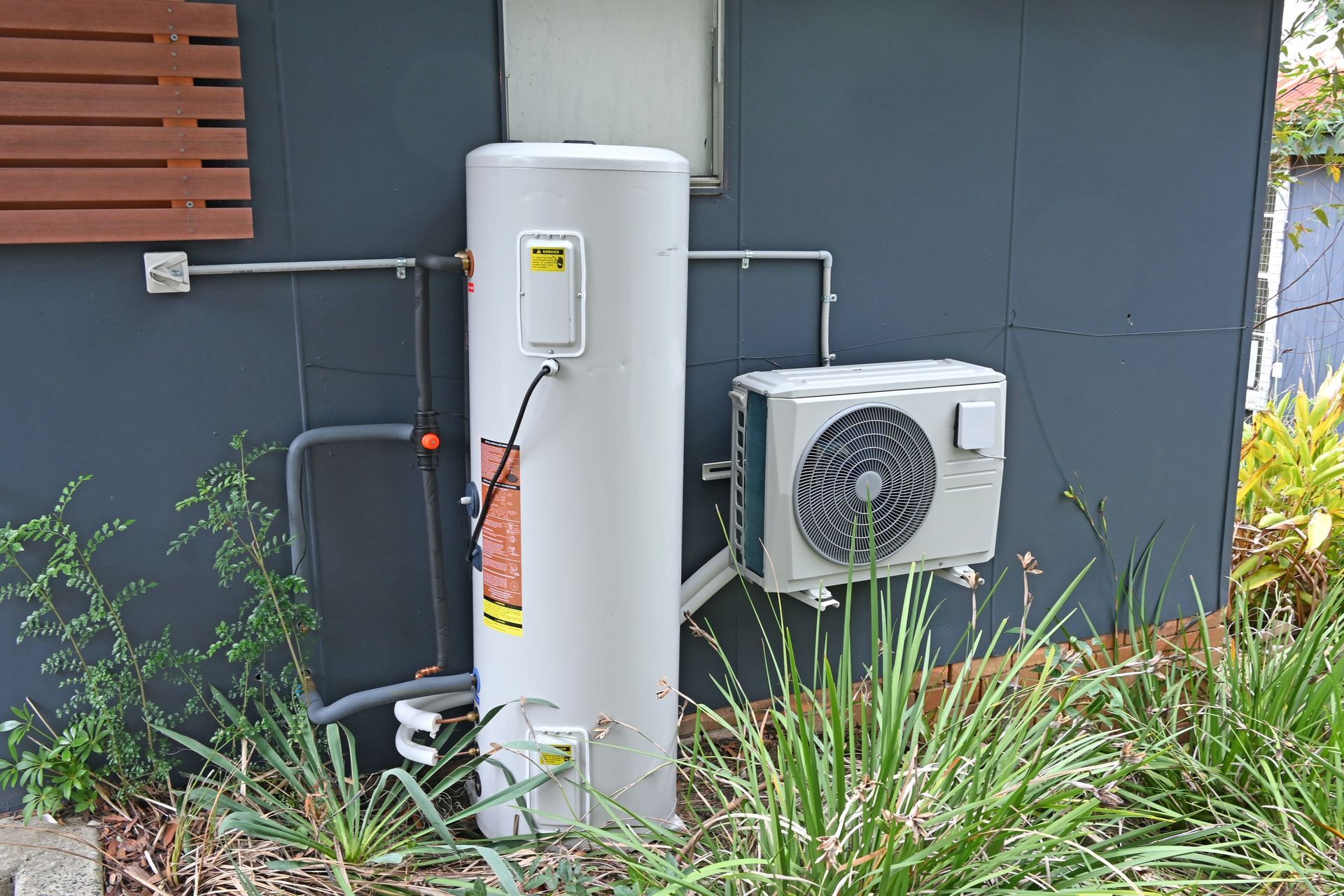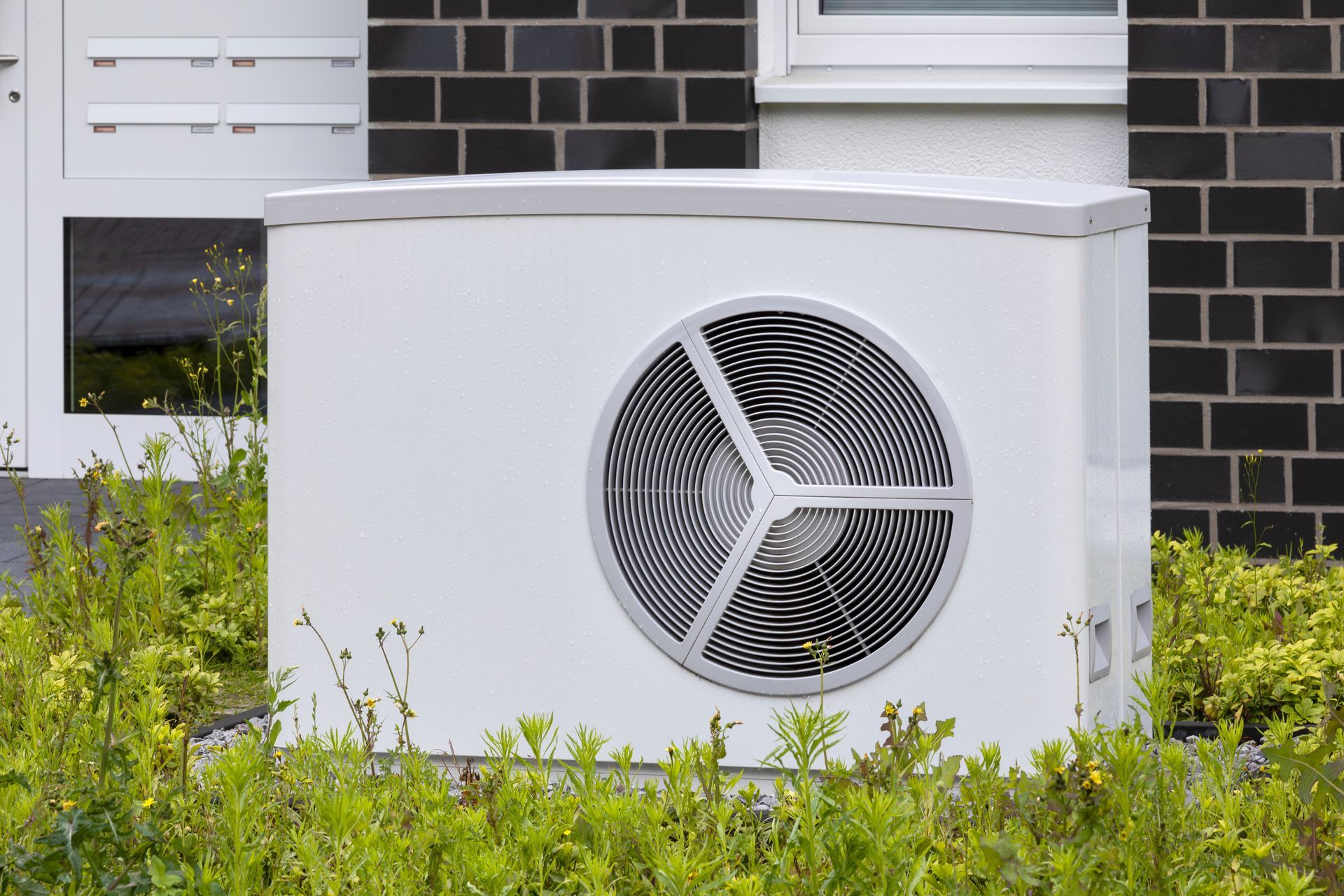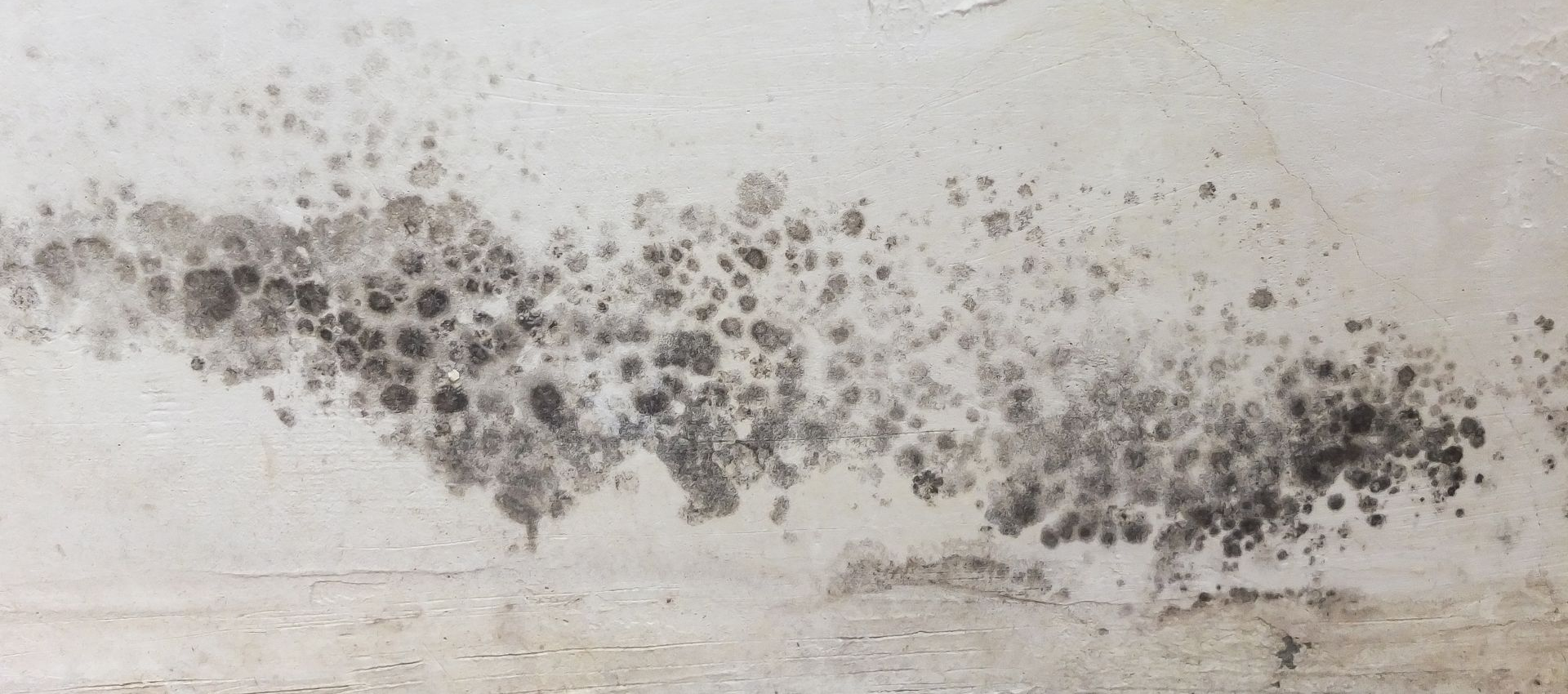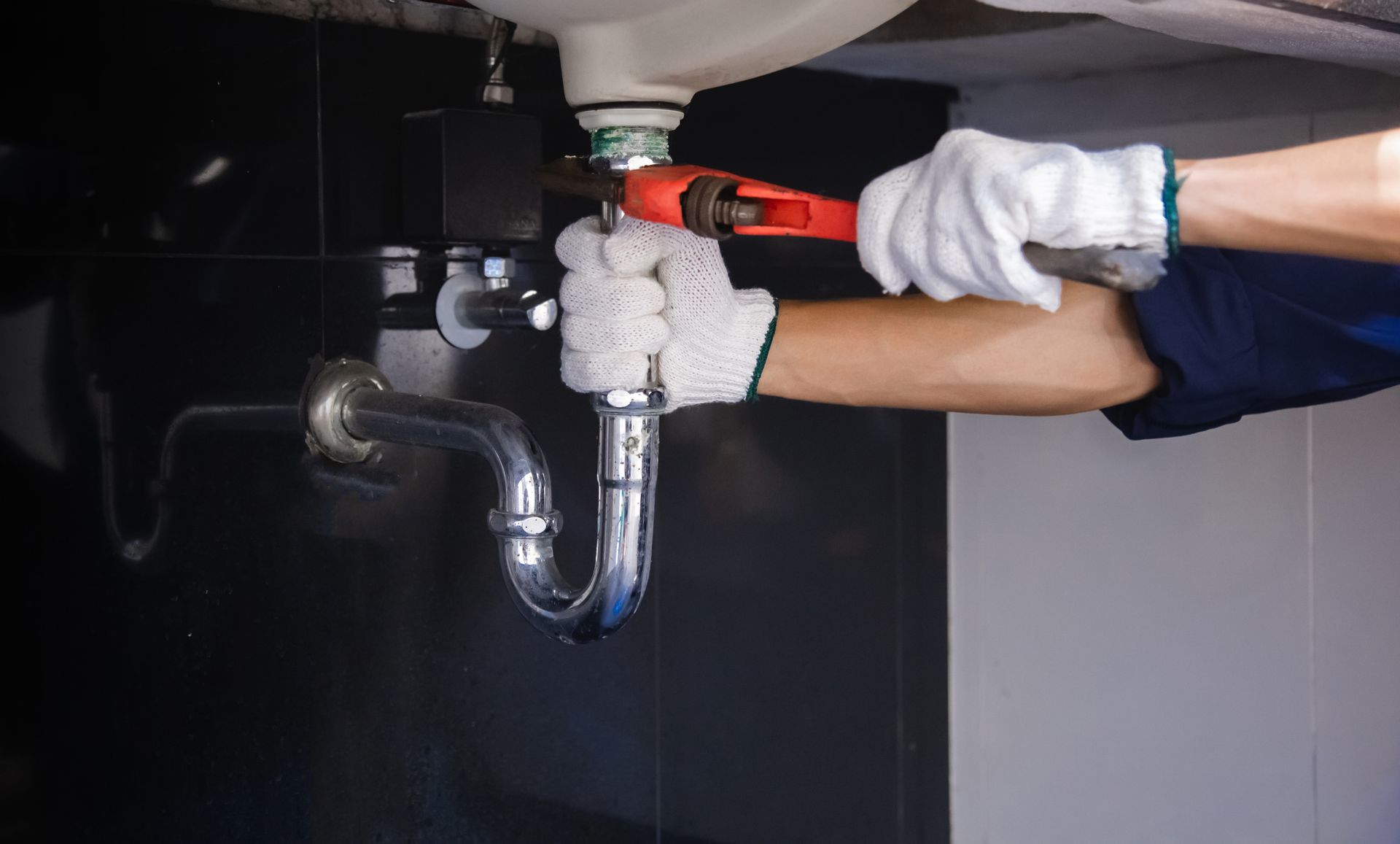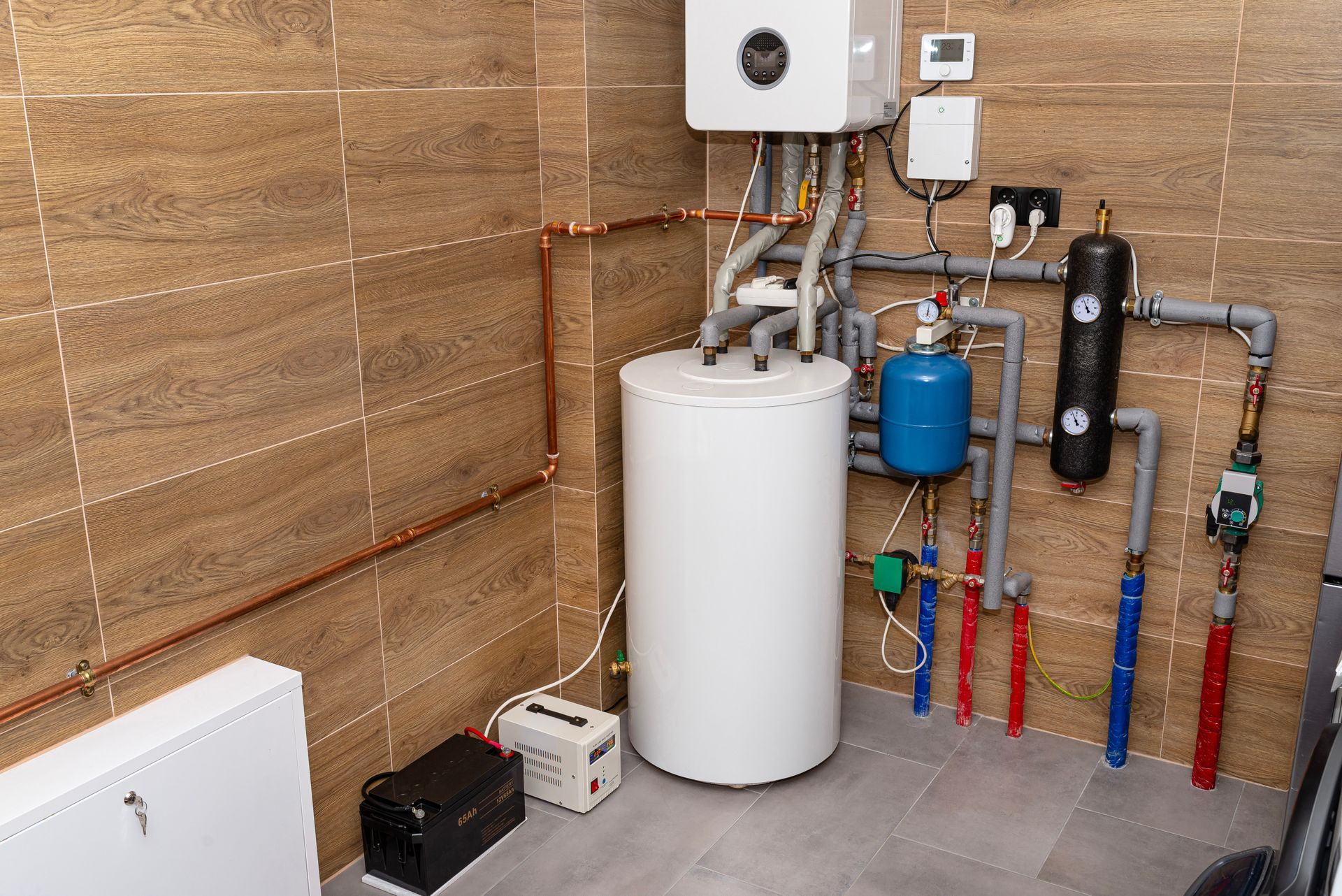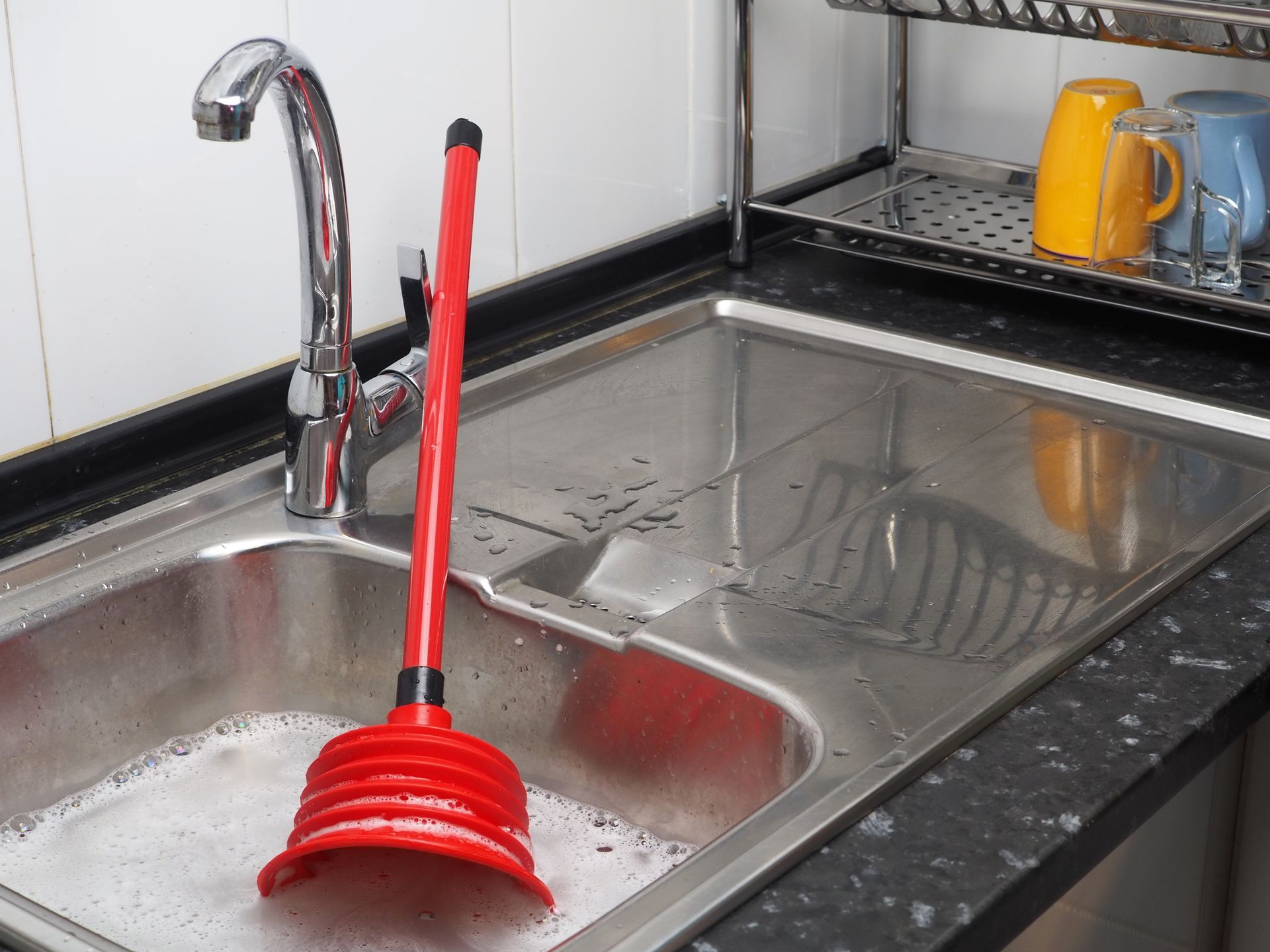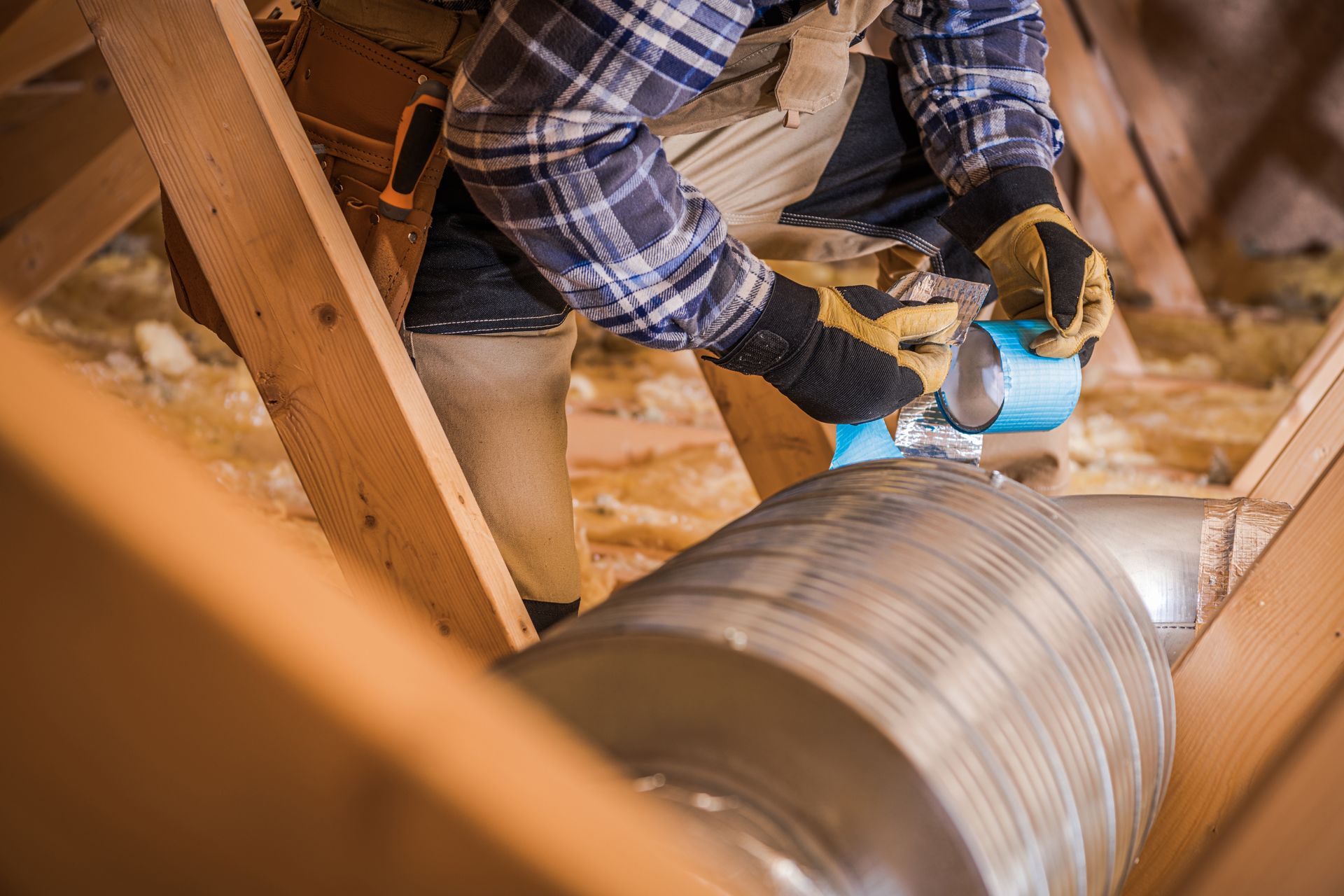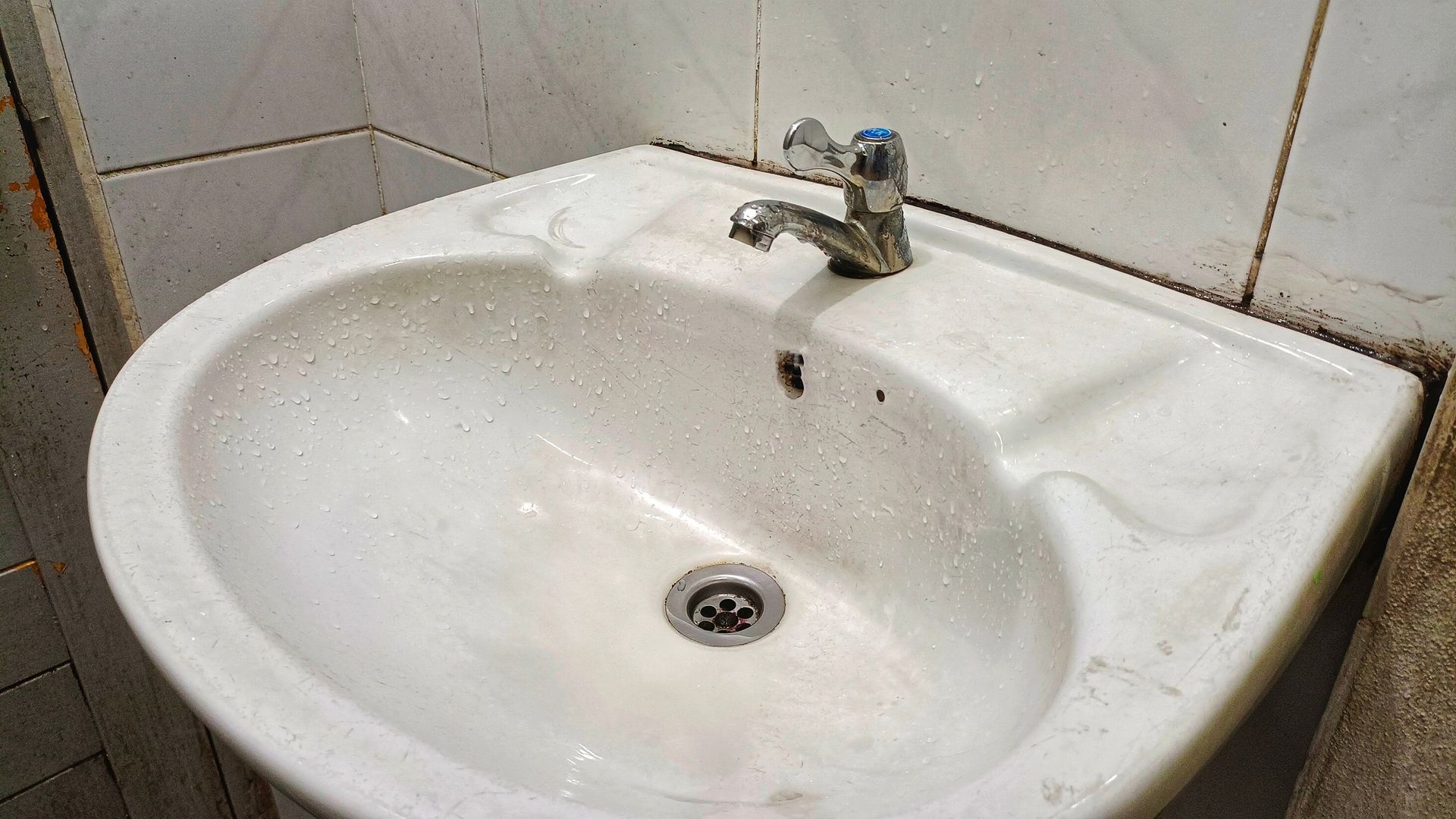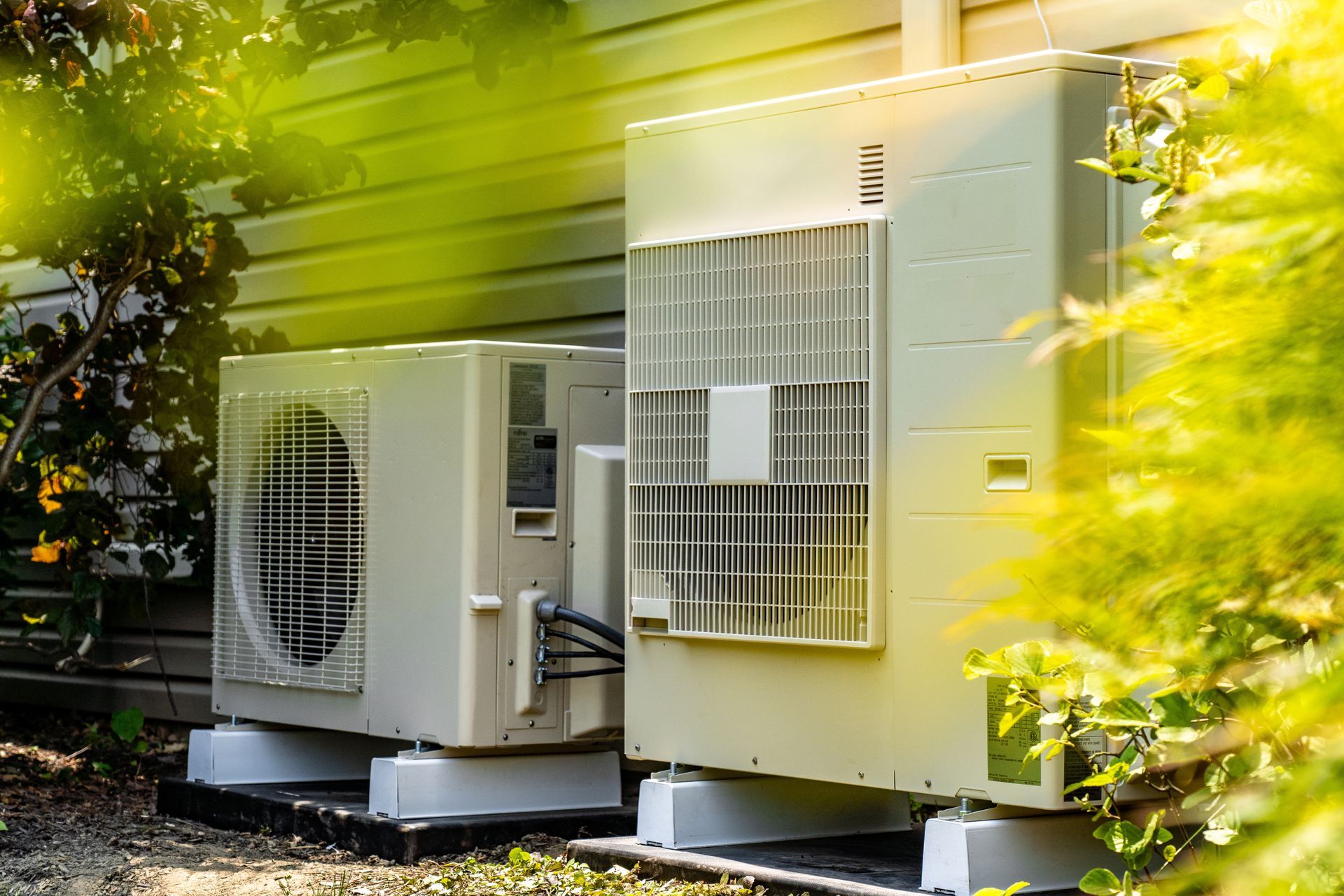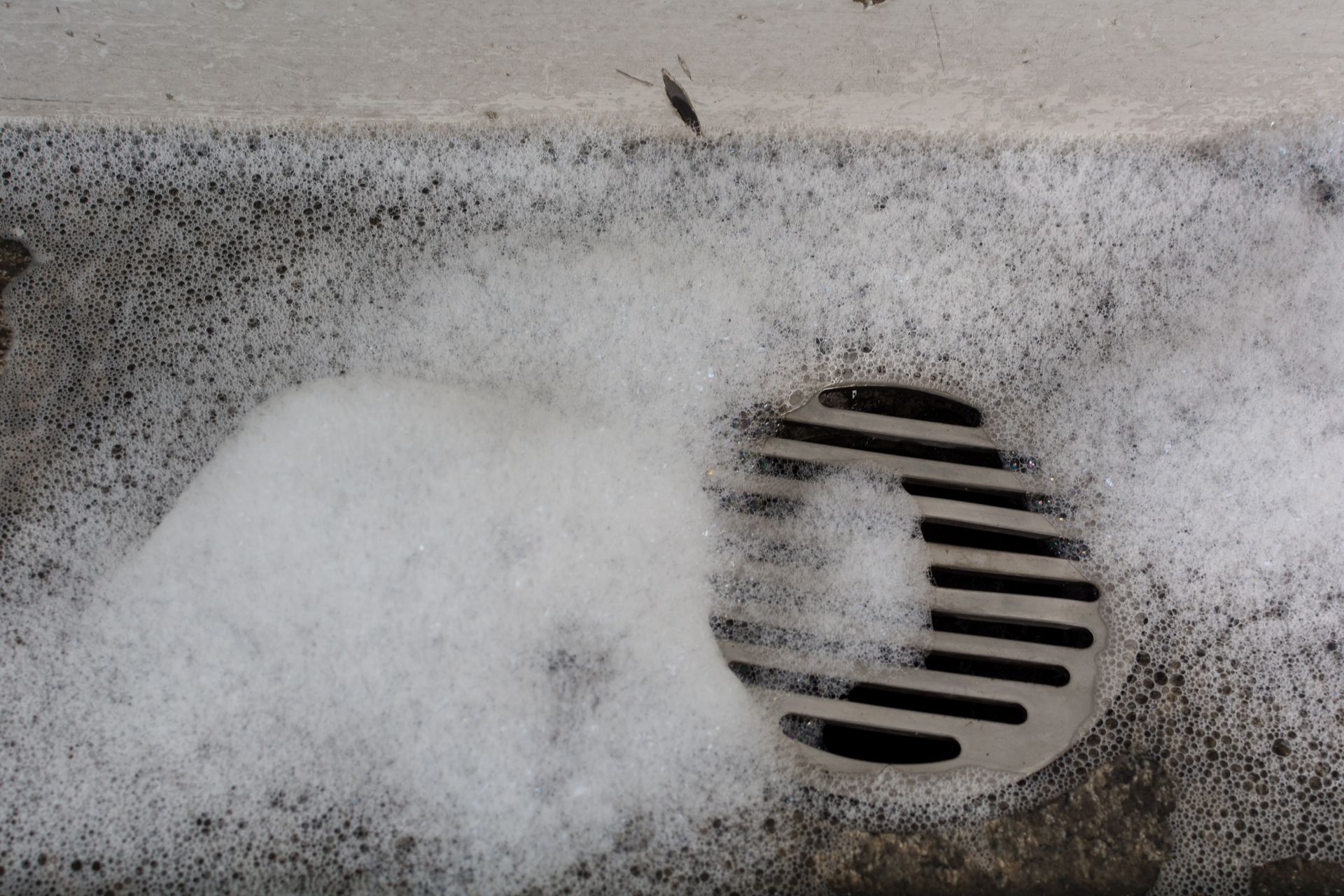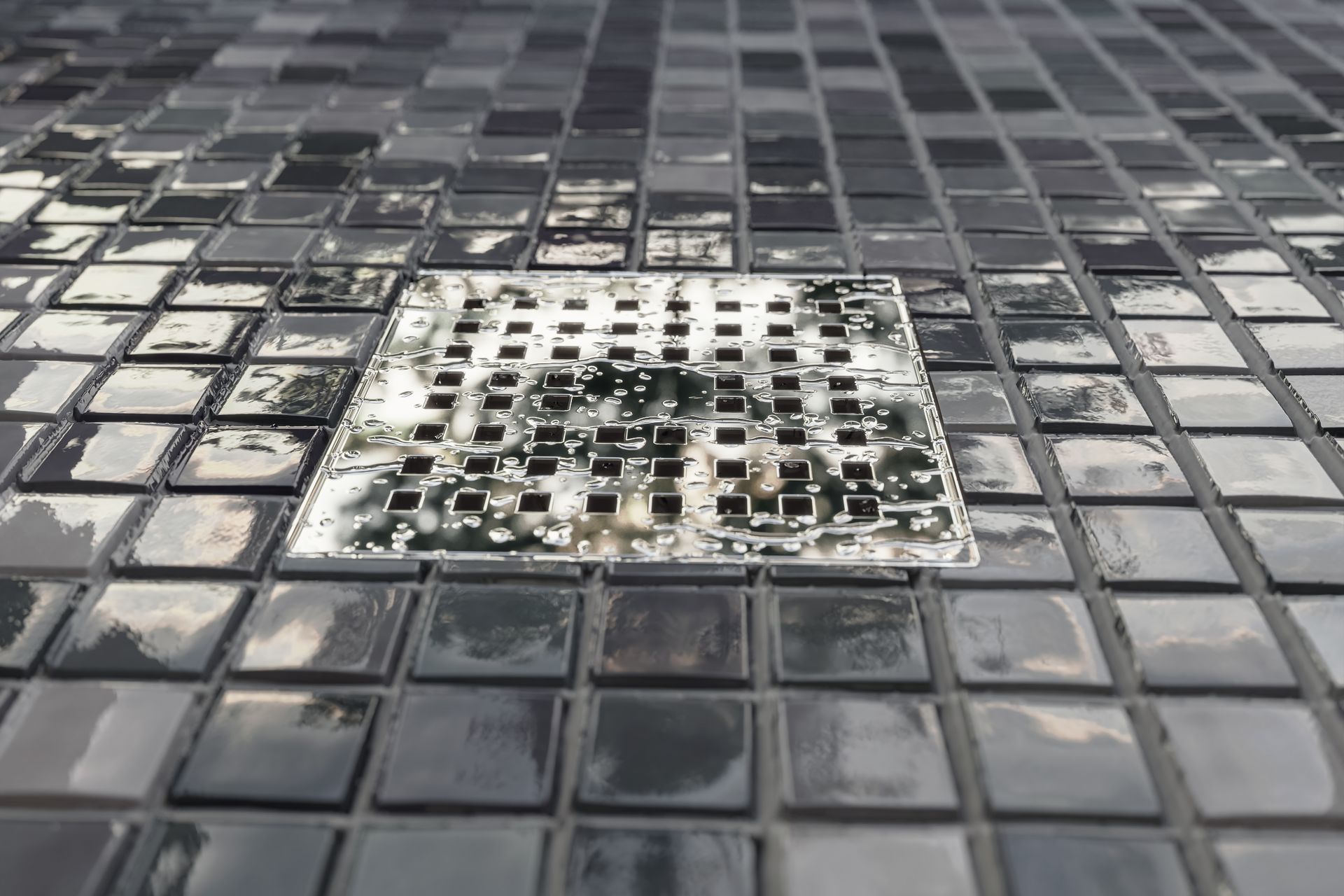Mold in Your Ductwork? | What Middle GA Homeowners Should Know
If you’ve noticed a musty smell coming from your AC vents or dampness in the air, it’s likely that mold has infiltrated your home’s HVAC system. In many cases, these stubborn growths start out in the dark corners of your home’s ductwork. If left untreated, mold can quickly spread throughout your home, which can negatively impact your health and be costly to remove.
If you suspect there’s mold growing in your home’s ducts, there’s several things that can be done to fix the problem and prevent it from returning:
Finding the Source of the Mold
Mold is attracted to moisture, which can linger inside your ducts if there’s excess condensation. Oftentimes, condensation is the result of a leak within the ductwork. When ductwork leaks, cool air from your AC escapes before reaching the vents. This lowers efficiency, allowing warm air to enter the ducts. As a result of this interaction between hot and cold air, condensation can build up inside your ducts.
Sometimes, condensation can be visible on your registers and vents. However, this isn’t always the case, as moisture can accumulate deep within your ducts. If you suspect that excess moisture is building inside your ducts, seek help from a licensed HVAC technician. They can inspect your ductwork and pinpoint the leaks causing the condensation.
Addressing the Issues Within Your Ductwork
Once your technician has identified the leak, they can begin patching it. Typically, this is done with foil tape, sealants and metal patches. For larger leaks or areas where ductwork is completely disconnected, they may need to use additional tools like screws or bands to hold ducts in place for repairs.
During repairs, technicians can check your entire HVAC system for signs of mold. This is especially important for your AC unit, which is susceptible to moisture buildup and mold growth. If all the moisture problems have been addressed, your technician can work to remove the mold.
Tackling Mold Infestations Inside Your Ducts
For mild mold infestations, an HVAC technician can effectively remove the mold with specialized equipment. Typically, ducts are cleaned using high powered vacuums that suck out dirt, debris and mold growth. It’s not uncommon for compressed air, brushes and whips to be used during this process. These tools can dislodge stubborn debris without damaging the ductwork.
After the debris is removed, technicians can use chemical treatments to kill microbes and mold spores to prevent the fungi from returning. If the infestation is severe, you may need to contact a mold removal technician to successfully rid your home of the problem.
How Homeowners Can Prevent Mold Growth
- Use dehumidifiers – Using a dehumidifier lowers indoor moisture levels, creating an environment that’s less likely to attract mold.
- Change your air filters – Changing your filters helps keep your system clean and eliminates potential food sources for mold spores.
- Ventilate areas prone to mold growth – Ventilating areas that are prone to mold growth can lower humidity levels and discourage spores from spreading.
- Have your ducts cleaned regularly – Getting your ducts cleaned every three to five years can lessen the amount of debris that contributes to mold growth.
- Avoid blocking your vents – Blocking your air vents can restrict airflow, allowing for condensation to occur.
Schedule Routine Maintenance for Your HVAC System
Along with routine duct cleanings, scheduling regular HVAC maintenance helps prevent mold from forming in your ductwork and other parts of your system, like your AC unit. In Middle Georgia’s humid climate, components like evaporator coils, drain lines and blower fans are especially vulnerable due to condensation buildup.
Additionally, routine inspections give HVAC technicians the opportunity to check your entire system for damage or early signs of wear. Addressing problems promptly helps prevent costly repairs later, saving homeowners both time and money.
Having Trouble With Your Ductwork? Call Buzzell Today!
If you’re having problems with your ductwork, our HVAC technicians can help! Located in central Georgia, Buzzell Plumbing, Heating, and Air Conditioning proudly serves the Warner Robins and Macon communities with dependable HVAC services.
Call us today at 478-209-3106 to schedule a service appointment and experience reliable service from local professionals. For more information about our full range of services, including plumbing repairs and maintenance, please visit our website by clicking the link here.
